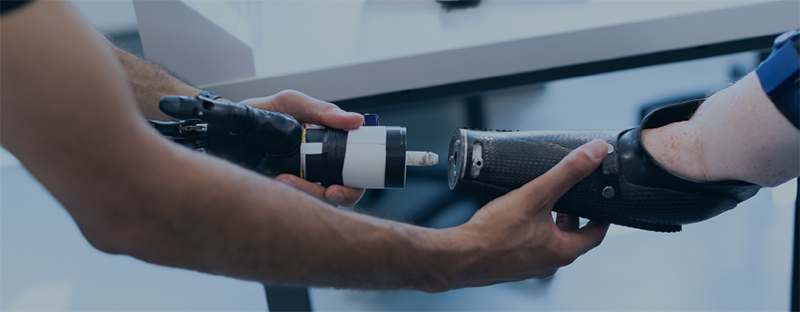

A look at the factors contributing to the slow adoption rate of these devices in the OR, along with how the industry can increase adoption.

A look at the factors contributing to the slow adoption rate of these devices in the OR, along with how the industry can increase adoption.

Integration with advanced AI systems and a rapidly expanding application scope will position medical robots among the key solutions for efficient, accurate and safe healthcare service delivery.

The pandemic has accelerated a revolution in medtech, impacting how companies approach their business strategy as well as how healthcare systems interact with medical device companies.

As more medtech companies take advantage of the game-changing technology to innovate and advance products, they must anticipate the need to obtain trustworthy, evidence-based comprehensive data—and be prepared to do their own due diligence to verify the chain of evidence and meet increasingly stringent regulatory requirements.

Automation handling with integrated controls can assist with laser marking for all shapes, sizes and materials used in the manufacture of medical devices. This approach can offer flexibility, along with the ultimate precision necessary, to support the UDI system, which provides a clear framework that defines the form in which information should be encoded on the device in accordance with its classification.

The vulnerability could allow a remote attacker to gain access to highly sensitive systems.

Modern technology has given rise to new legal questions. How does FDA regulate machine-learning computers that are changing so rapidly – given that the approved product may be drastically different than the product that ends up on the market? These questions arise from a lack of understanding of the complex nature of AI/ML-based SaMD, the opaqueness of the regulatory framework, and a dearth of relevant case law.

In this new survey, medtech manufacturers are invited to share their perspective on business initiatives, manufacturing execution systems and latest challenges.

Medical devices and medical software are becoming increasingly connected to hospital networks, other medical devices or the Internet. As a result, manufacturers and developers are required to consider cybersecurity from the very early stages of development. This in turn necessitates comprehensive risk management along the entire lifecycle of a device.

To change the landscape of cyber threats in healthcare, companies must prioritize designing security into devices.